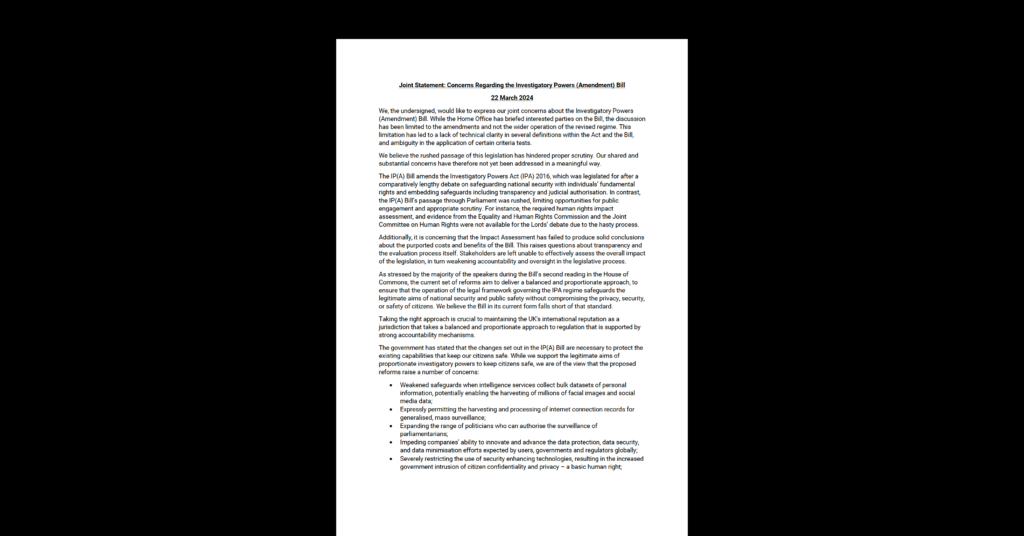European Policy, Open Internet
Article 13 DSM Copyright Directive: CDT’s Recommendations During “Trilogue” Negotiations
On 12 September 2018, the European Parliament adopted its position on the European Commission’s proposal for a Directive on Copyright in the Digital Single Market (DSM). Given that Council (representing Member State governments) had already adopted its position back in May, “trilogue” negotiations have now begun. These negotiations involve a series of closed-door meetings amongst representatives from the EU institutions, with the aim of reaching a final text that can be agreed by both Parliament and Council.
In their positions, Member States and Parliament unfortunately opted to maintain the provision that forces internet intermediaries to use content identification technology to prevent users from uploading unlicensed copyrighted content (Article 13). We continue to believe Article 13 and corresponding recitals should be deleted altogether as they seriously risk impacting users’ freedom of expression online. The Copyright DSM Directive is not the appropriate instrument to address the challenges presented by the Commission. However, given the state of negotiations and in the spirit of constructive feedback and compromise, we’d hereby like to propose amendments and recommendations that aim at preserving the open nature of the internet. These particularly highlight the importance of:
- Narrowing the scope of Article 13 to only target the handful of online services which the Commission had in mind initially. Based on the Council’s text, these would be “online services which play an important role on the online content market by competing with other online content services, such as online audio and video streaming services, for the same audiences”. The provision could otherwise potentially impact any website that hosts any kind of user-generated, seriously undermining the functioning of the internet as an open space for innovation and creativity.
- Clarifying that Article 13 does not cover online services which provide access to copyright protected content but whose profit-making is untethered from this activity. For example, an open source software repository offering private hosting for a fee does not derive value directly from access to content uploaded by users.
- Including mitigating measures for liability of service providers which do not fall under the limited liability regime of the E-Commerce Directive. These mitigation measures would allow service providers to take steps to ensure they are not held liable, especially in the absence of licencing agreements. These measures must be proportionate and based on a valid notice from the rightsholder, which includes the relevant information on the infringing use of their work. Limiting intermediaries’ liability for user-generated content is a core principle that should be maintained, as it enables intermediaries to provide the technical foundation that supports individuals’ expression and access to information online.
- Ensuring the proportionality of the measures taken by online content sharing service providers to prevent the availability of unauthorised works. Regard must be taken to various, factors including size of the service provider; amount and type of uploaded works; and technical feasibility. The Directive must acknowledge that there are certain cases where unauthorised use of copyright protected works may only be prevented upon notification of rightholders; thus maintaining the current notice and action regime in Article 14 of the E-Commerce Directive (ECD).
- Preserving the ability of internet users to contest the blocking or removal of their uploaded content and to have their content replaced in the case of erroneous removal. Neither automated nor human-based content filtering systems are perfect, so internet users should be able to ask online content sharing service providers to replace improperly blocked or removed content, such as that for which no copyright exists, to which an exception or limitation applies, or for which the user is the rightholder.


